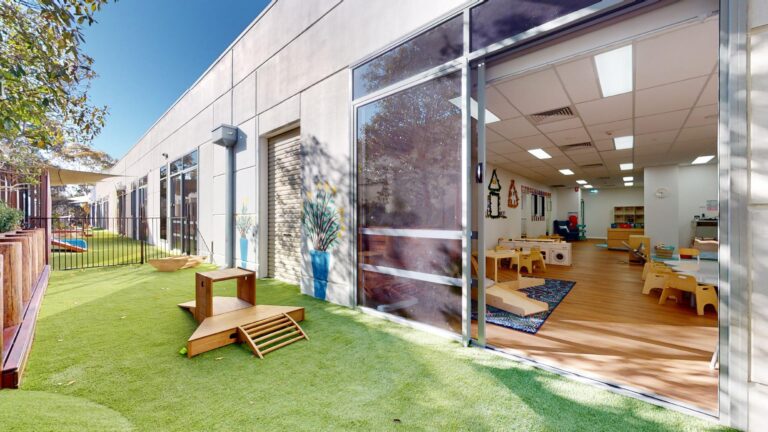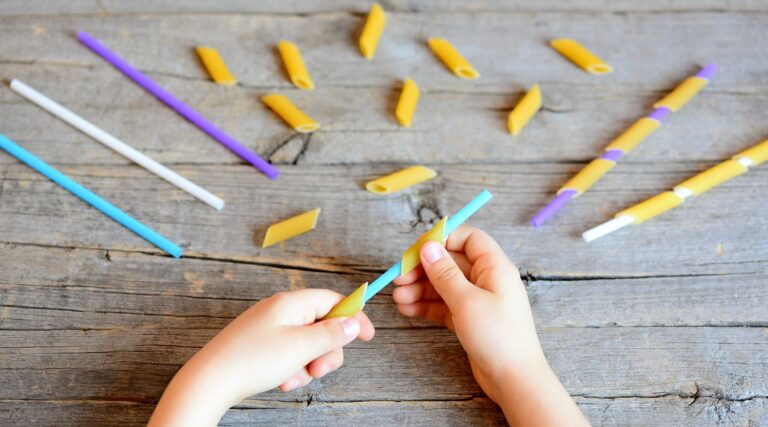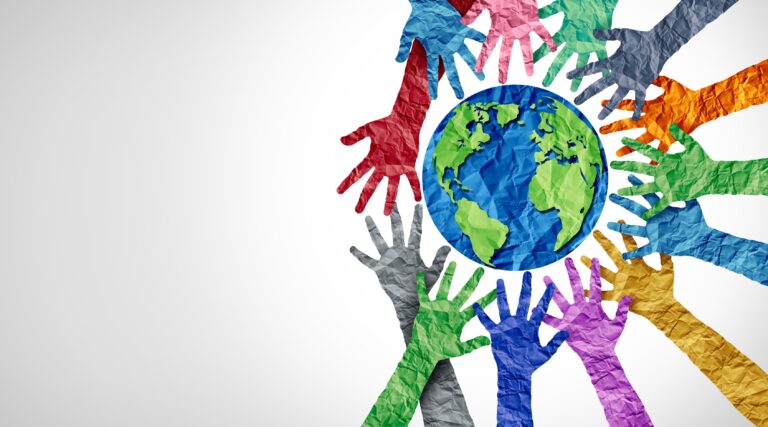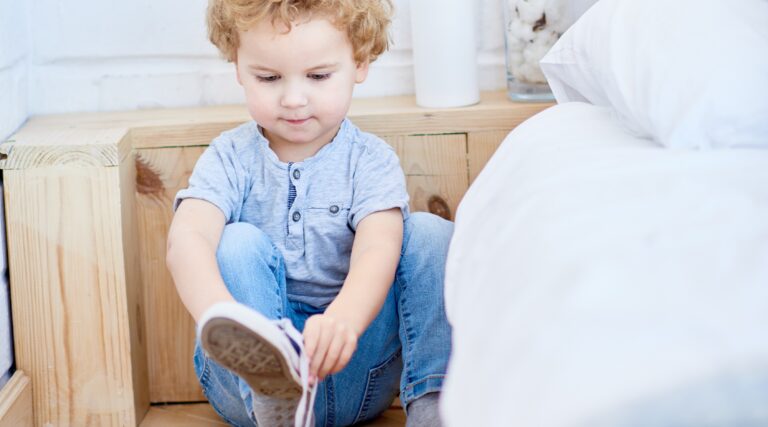The Importance of Positive Relationships Between Childcare Providers and Children
At Whiz Kidz Early Learning Centre, Castle Hill, we believe that positive relationships between childcare providers and children are crucial for the overall well-being and development of children. These relationships form the foundation for a supportive and nurturing environment where children can learn, grow, and thrive. Here, the team at Castle Hill Whiz Kidz have listed some key reasons why positive relationships are so important:
Emotional Security
Positive relationships with childcare providers provide children with a sense of emotional security and stability. Children feel safe and supported when they have trusting and caring relationships with their caregivers.
Social and Emotional Development
Positive relationships help children develop important social and emotional skills. Children learn how to form and maintain relationships, communicate effectively, and regulate their emotions through their interactions with caregivers.
Sense of Belonging
Children who have positive relationships with their caregivers feel a sense of belonging and acceptance. This sense of belonging is important for building self-esteem and confidence.
Learning and Development
Positive relationships facilitate learning and development. Children are more likely to engage in activities, explore their environment, and try new things when they feel supported and encouraged by their caregivers.
Trust and Respect
Positive relationships are built on trust and respect. When children trust and respect their caregivers, they are more likely to follow instructions, seek help when needed, and behave in a respectful manner.
Conflict Resolution Skills
Positive relationships teach children important conflict resolution skills. Children learn how to express their feelings, listen to others, and find mutually acceptable solutions to conflicts.
Communication Skills
Positive relationships help children develop communication skills. Children learn how to express themselves verbally and non-verbally, listen to others, and understand different perspectives.
Resilience
Positive relationships help build resilience in children. When children have supportive caregivers who help them navigate challenges and setbacks, they learn how to cope with adversity and bounce back from setbacks.
Positive Role Modelling
Caregivers who have positive relationships with children serve as positive role models. Children learn important social and emotional skills by observing how caregivers interact with others.
Long-Term Benefits
Positive relationships with caregivers can have long-term benefits for children. Children who have positive early relationships are more likely to form healthy relationships later in life and have better mental health outcomes.
In conclusion, positive relationships between childcare providers and children are essential for children’s overall development and well-being. These relationships provide children with emotional security, support their social and emotional development, and help them build important skills for life. By fostering positive relationships with children, the caregivers at Castle Hill Whiz Kidz provide them with a nurturing environment where the children under our care can thrive.






